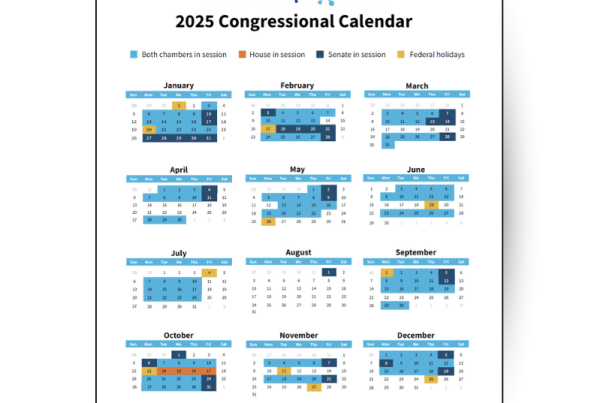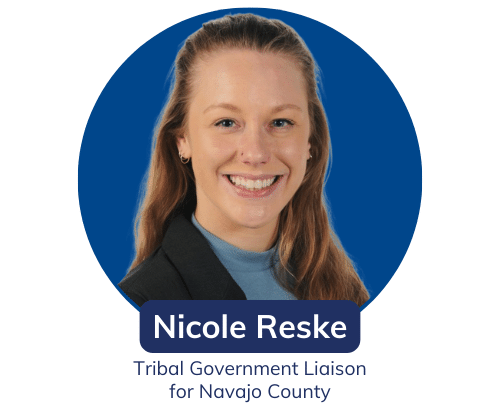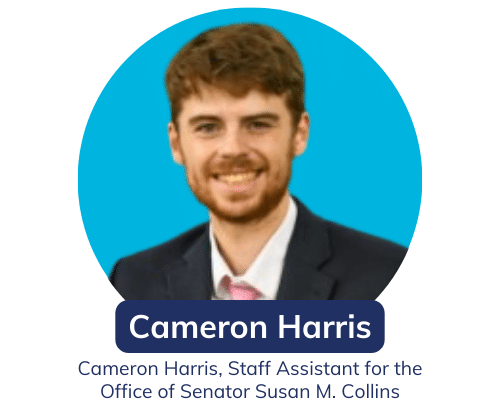In my recent conversation with Brandon Alkire, the Legislative Director at the Minnesota Indian Affairs Council, he shared his journey from the Standing Rock Reservation to representing Tribal voices in Minnesota’s government. Brandon’s path spans service in the Navy, studies in law and sociology, and a deep commitment to expanding Tribal sovereignty and nationhood. His passion for supporting Tribal Nations in reclaiming space and ensuring their voices are heard underscores his work at the intersection of policy and Tribal advocacy in Minnesota.
Takeaways:
- Tribal relations work requires a deep understanding and respect for Tribal sovereignty, viewing Tribes as distinct political entities rather than ethnic groups.
- Building trust and maintaining humility are essential for creating and sustaining meaningful relationships in Tribal advocacy.
- Effective Tribal relations efforts must focus on expanding representation and reclaiming space for Native voices across government sectors.

Can you tell me about your career path that has led you to where you are now?
I serve as the Legislative Director for the Minnesota Indian Affairs Council. I grew up on the Standing Rock Reservation, a descendant of the displaced Dakota, and I’ve spent my career focused on claiming space for Native people where we haven’t historically been represented. After high school, I joined the Navy, where I quickly noticed the lack of Native representation. This experience pushed me to pursue higher education, so I earned degrees in sociology and political science at the University of Minnesota. These studies helped me understand and articulate my experiences and those of my community. Later, I specialized in federal Indian law in law school, eventually leading to my role as a Tribal Liaison with the Minnesota Department of Health, working on policy issues. My current role here at the Council feels exactly where I want to be.
How did you become passionate about the intersection of tech, government, and tribal communities, and how do you stay informed and engaged in those areas?
Minnesota is uniquely positioned, with several firsts for Native American representation: we have the first Native American State Supreme Court Justice, the first Native American woman Lieutenant Governor, and a growing number of Native American legislators. These developments give Minnesota an array of laws reflecting our commitment to ensuring Native voices are heard and our presence is acknowledged. This work means a lot to me because it’s about reclaiming sovereignty and driving forth the concept of Tribal nationhood. We’re not simply another group of people; we’re sovereign nations with our own constitutions, judicial systems, and governance structures. My passion is to ensure that sovereignty and nationhood remain core to our work and that Native voices aren’t just present but driving change.
What do you believe sets Tribal Government Relations apart as a unique work environment, and how do you navigate its challenges in your everyday work?
Government-to-government relationships are at the heart of what we do. Sovereignty is a major component, which differentiates Tribal relations from other forms of government relations. Our work involves creating a framework that respects the sovereignty of each Tribe, viewing them as nations that share geography with the state of Minnesota rather than just “Minnesota Tribes.” This lens shifts how we approach policy, which requires us to build a unique policy model to examine statutes impacting Tribal Nations. Ultimately, this work respects that we’re not an ethnic group but a collection of sovereign political entities.
Describe a challenging or rewarding project that significantly influenced your growth as a professional. How did you handle the challenge, and what did you learn from the experience?
Every part of my career has been a learning experience since I’m a first-generation college graduate. My time in the Navy, where I served as an openly gay Native American man, was formative. It taught me to have a voice and to stand by who I am, even in challenging environments. It also instilled the importance of listening and understanding. Each position I’ve held has allowed me to grow in my understanding of how to hold space in different areas—whether in courtrooms, government offices, or among my Tribal community.
What advice would you give to someone navigating how to bridge the gap between traditional practices and modern governance structures?
For non-Native individuals, building relationships and earning trust are essential. Tribal Nations face unique challenges, so we need transparency and genuine collaboration. For Native people, I’d emphasize humility and the importance of representation. Just because we’ve made it into these spaces doesn’t mean our work is done. We should constantly think about how to bring more Native voices into these spaces and strive to increase educational attainment and representation for future generations.
Word association, what is the first word that comes to mind for each of these?
- Policy – Confusing
- Networking – Essential
- Communications – Simple
- Leadership Connect – Communal






